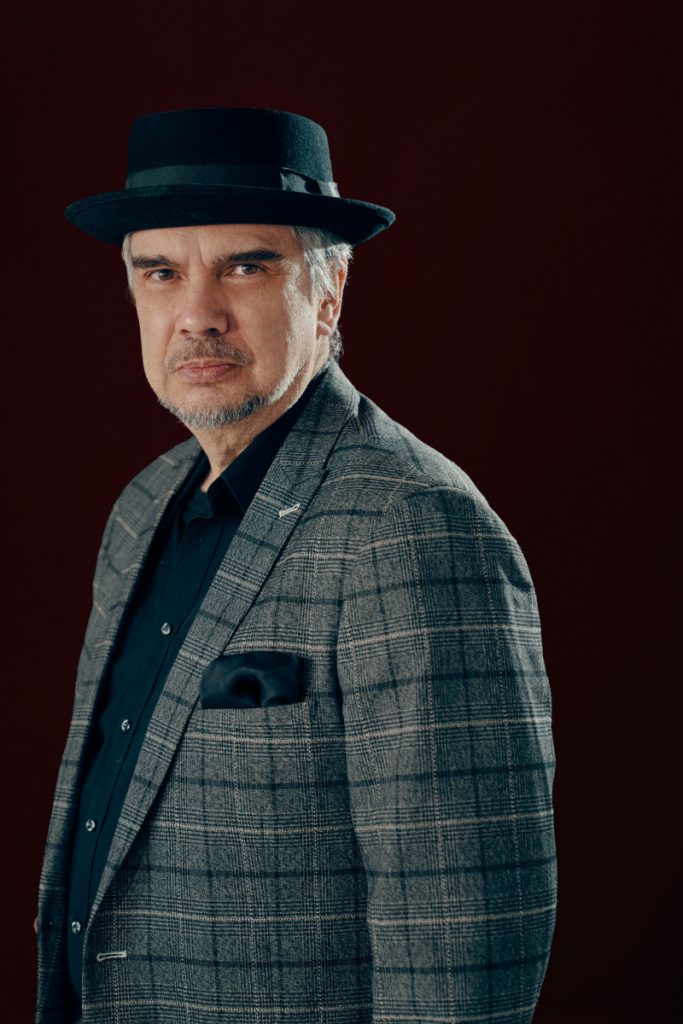
James Buckser
Staff writer
Miguel A. De La Torre worked in the business world and politics before becoming an educator.
“There came a point in my life when I realized … I really wanted to better understand the issues affecting our global community,” De La Torre said. “I decided to go get my doctorate in ethics.”
De La Torre has become a professor at the Iliff School of Theology, and is a prolific author. He will speak at 2 p.m. today in the Hall of Philosophy, opening Week Nine of the Interfaith Lecture Series and its theme “Realizing Our One World: Strengthening Interconnection.”
In his talk, De La Torre said he will discuss problems facing interconnection, elaborating that some individuals “may not necessarily want to be connected,” becoming a “bit of a critique” of dominant voices in these “global conversations about unity.”
In his academic work, he has taught around the world. While different from the arenas of business and politics, he said his previous work can be helpful in the classroom.
“It gives me a real-life worldview that I bring into the classroom,” De La Torre said. “I’m less interested in the theoretical, and I’m more interested in praxis, the actual duty.”
Though he was successful in business, De La Torre said that career “wasn’t really enough” for him.
“It wasn’t my soul,” De La Torre said. “Transitioning into the world of faith, spirituality and tying that with how we deal with marginalized communities globally, felt like that was a more meaningful way of living my life than just making money.”
De La Torre’s recent novel, Miguelito’s Confession, focuses on another aspect of his background: Santeria, an Afro-Cuban religion which was a part of his upbringing. The book is based on his life, but he said he takes some liberties, putting it into the realm of autofiction.
“It’s actually like an autobiography, but I take tremendous license in retelling the story,” De La Torre said. “The license that’s taken is that in the background of the retelling of the story, you have spirituality of the different Orishas, which are quasi-deities from Africa, which are very popular in the religion Santeria.”
De La Torre said Santeria informs some of his work in academia.
“One of the Orishas is an individual known as Elegua, Elegua is a trickster,” De La Torre said. “The kind of ethics that I do, the social ethics that I do, is a trickster-type ethics, which I base on many marginalized and oppressed communities throughout history that have always used trickster figures as a way of dealing with their oppression.”
In addition to his academic work and his books, De La Torre has worked in film, recently writing the screenplay for the documentary Trails of Hope and Terror, which he said is based on a book of his by the same title.
The project involved traveling to the U.S.-Mexico border, around Nogales and Tucson, De La Torre said.
“We walked the migrant trails, the same trails that migrants take to enter the country, and we interviewed them as they were journeying into the country,” De La Torre said. “Then we interviewed civil rights workers, we interviewed individuals who were anti-immigration as well, and then did a lot of background stories as to why we have an immigration crisis.”
De La Torre said they also went to see sanctuary churches, taking in undocumented immigrants, combining the stories into one narrative. The film, he said, was “released at many film festivals and won about seven to 11 film festival awards,” and is now distributed among colleges and universities.
De La Torre hopes his talk causes people to rethink their assumptions.
“I hope that they walk away disturbed and bothered,” De La Torre said, “that what I say causes people to pause and rethink some basic assumption that has always been taken at face value.”




